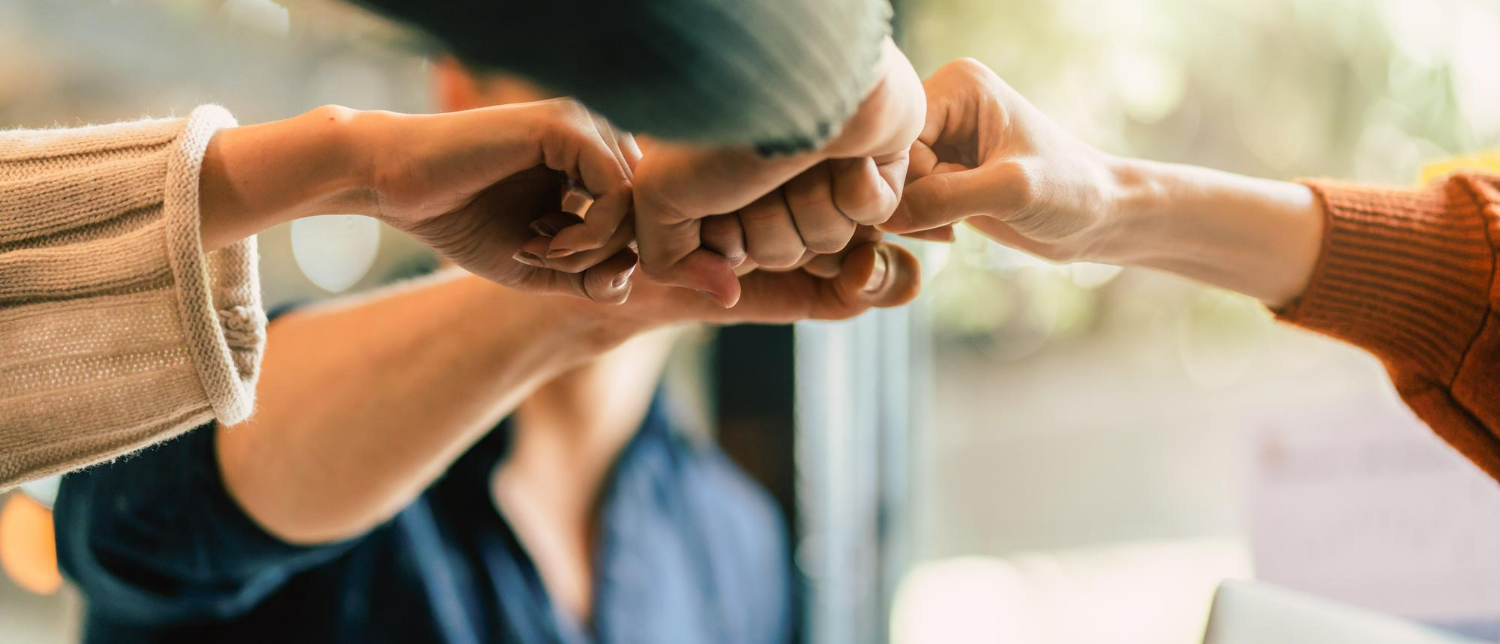In the challenging world of mental health recovery after a life of active service, the solace of finding a support system is often a transformative force. Oftentimes, veterans may feel isolated during recovery, emphasizing the significance of peer support as a source of emotional stability, camaraderie, and shared experiences. Seeking treatment programs that offer peer support as part of their care regimen can have a profound impact on veterans’ mental health and their recovery journey.
Peer Support in Veteran Recovery: Why It Matters
Veterans in recovery often face unique challenges, making the path to healing more unique and complex. Peer support provides an avenue for veterans to prosper by creating a sense of belonging. Often, veterans may feel alone in their recovery journey, but peer support helps break the stigma that seeking recovery treatment is a sign of weakness. Peer support is all about sharing stories and building connections with people whom you can relate to, enhancing resilience in dealing with mental health struggles, and moving towards a successful path of healing.
Empathy: Feelings of Understanding
It is beneficial to create a sense of understanding during the journey to recovery. For veterans, it is often a confusing transition from a time in active service to “normal” civilian life. Living a life that is different from the one you used to have might leave you with feelings of being lost and isolated, often marked with stress, depression, and anxiety. But with peer support, it creates a sense of solidarity, understanding, and comfort in knowing that others have walked a similar path as you.
Overcoming Stigma and Isolation
For veterans, having mental health issues is stigmatized as it blurs the image of being a face of strength, especially during their time of service. This leads many veterans to deal with these challenges in silence. Peer support can provide a safe space where veterans are heard and listened to without fear of judgment or discrimination. Opening discussions through peer support can help break down the barriers created by the stigma associated with seeking help, thereby reducing feelings of isolation and shame.
Navigating Challenges Together
Sharing experiences with peers during challenging times in the recovery journey is also a crucial role of peer support. Veterans exchange stories and strategies that they can relate to and resonate deeply with when engaging with fellow peers. This lays out a good foundation where veterans can inspire and encourage each other. Engaging with peers can help veterans manage stress, anxiety, and other mental health challenges as they find new coping strategies through discussions with other veterans, effectively navigating challenges together.
Fostering a Sense of Belonging and Community
One powerful aspect of peer support is the sense of belonging among veterans. With their unique set of experiences, veterans share a common language that civilians cannot fully comprehend. The bond formed from shared experiences produces a place where a deep and understanding connection can be felt, and in turn, it cultivates a community wherein veterans can express themselves without the fear of being misunderstood. This sense of camaraderie also builds trust among the veterans, strengthening their resilience and promoting their overall well-being.
You Are Not Alone: Peer Support at the California Recovery Center
In the journey to mental health recovery, peer support is like a ray of sunshine that provides hope and solidarity for veterans. By creating a sense of understanding, empathy, and community, peer support programs play a significant role in the lives of veterans as they navigate the challenging path toward reclaiming their lives. Here at the California Recovery Center, we believe that everyone is capable of leading successful and fulfilling lives. Our therapies include group sessions, allowing one to meet fellow veterans. So, if you’re a veteran in recovery struggling with mental health challenges, know that you are not alone. Feel free to reach out to us at (916) 848-5744. Together, we can overcome barriers, find strength in camaraderie, and build brighter futures for ourselves and each other.




